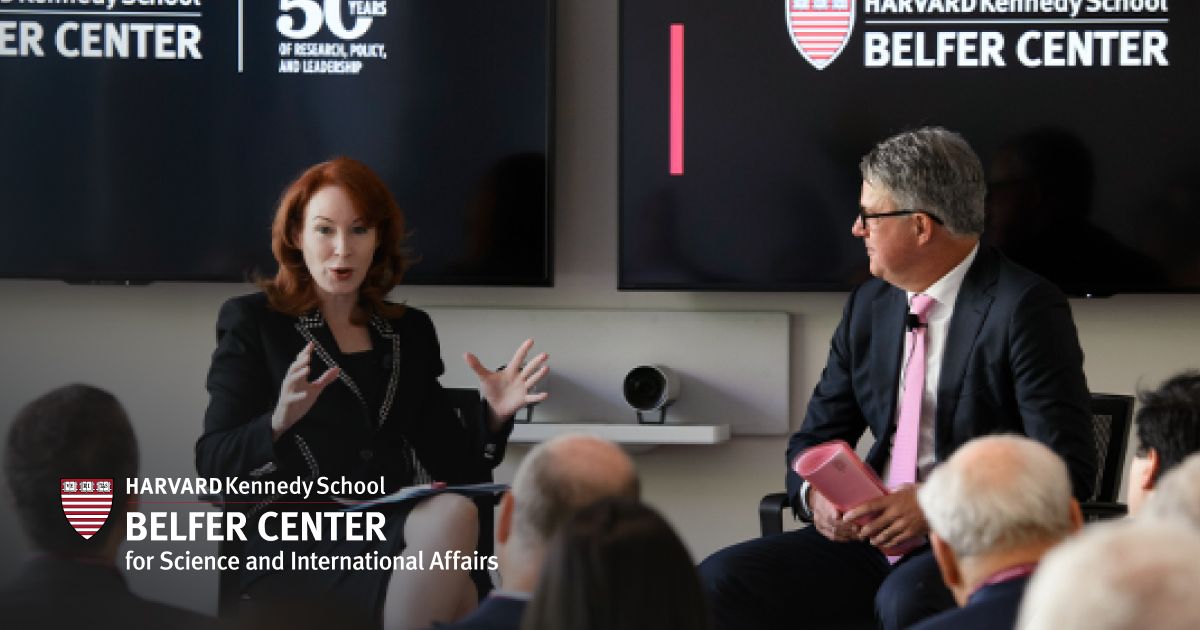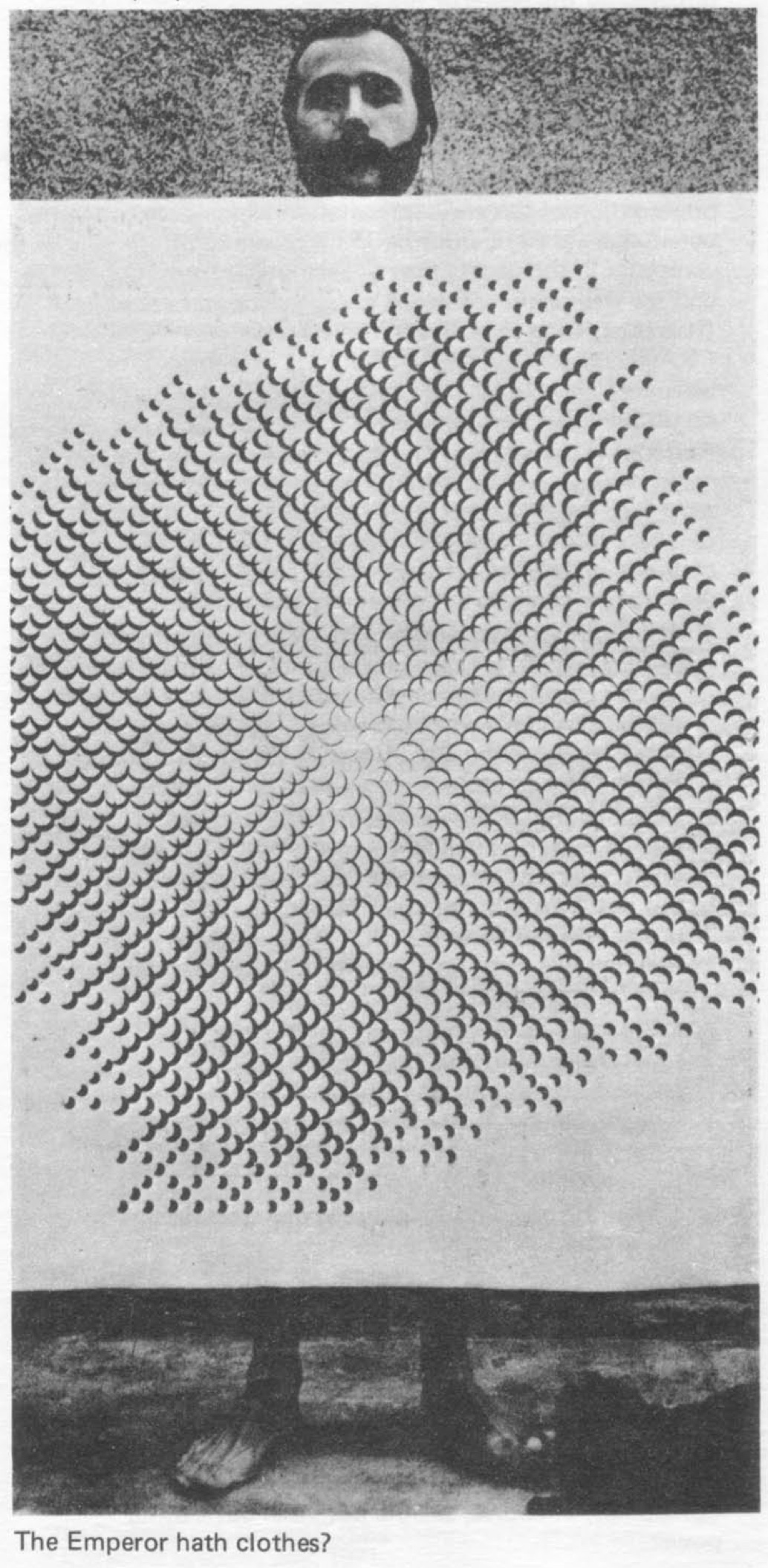 A promotional poster for the new film, based on Sendak's classic children's book
A promotional poster for the new film, based on Sendak's classic children's book
At the blog of the University of Chicago Press, the children's-literature scholar Seth Lerer discusses "Where the Wild Things Are," the film version of which arrives today, and other works by Maurice Sendak. Unsurprisingly, Sendak has confessed a debt to Franz Kafka: his stories, after all, tend to be tales of metamorphosis. Sendak, however, according to Lerer, has also said that his phantasmagorical books draw in an oblique way on the darker aspects of 20th-century Jewish history:
The strangely cannibal wild things, together with the equally grim mustachioed bakers "In the Night Kitchen," have had their Holocaust resonances exposed.I always thought those mustachioed bakers were kind of jolly, grim only in the sense that they were fixated on the task at hand (mixing the batter!). But that only speaks to how Sendak's imagination never worked in the linear, didactic fashion evident in too many children's books.
"Wild Thing," incidentally, is a rough translation of "Vilde Chayea," a Yiddish term that Jewish mothers have been known to hurl at overactive boys. Lerer recalls, as a young boy in Brooklyn, the wife of his family's landlord screaming the epithet at him after he sent a stickball sailing through her window.
About brainiac What's happening in the world of ideas.
contributors
Christopher Shea covers intellectual affairs and is the former "Critical Faculties" columnist for the Ideas section.
browse this blog
by category
.png)




